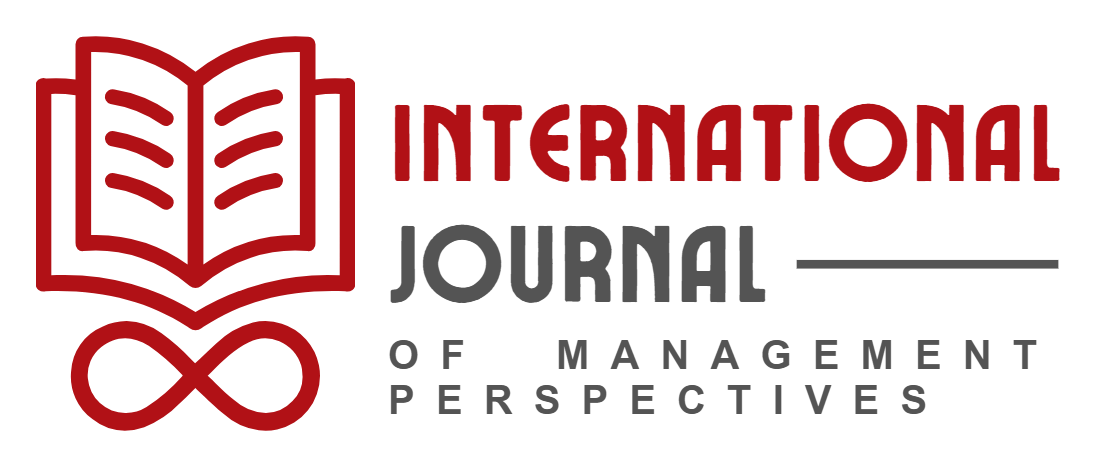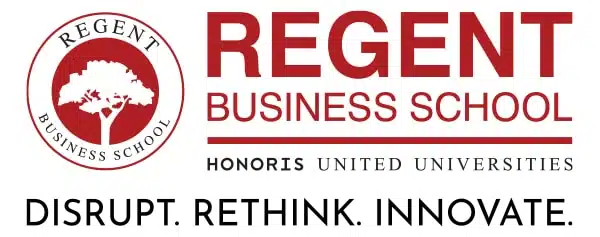So, you are in the market for a job and want to stand out.
While completing a qualification at an institution of higher education can give you a head start in your career, you will be on the same playing field as other equally qualified graduates with the same or similar mix of qualifications.
So, what will make you catch a prospective employer’s attention over other candidates? Employability skills.
But what exactly are employability skills? And which employability skills will help you stand out most?
This article will discuss employability and the top employability skills you need to improve your marketability.
What are employability skills?
Employability skills are the abilities, understandings, and personality qualities that enable professionals to thrive in the workplace. These skills are also often referred to as soft skills or transferable skills.
Can employability skills make you stand out over other job candidates?
Though employability skills may not be listed in job descriptions, they are vital and can make you look more desirable to employers.
This is because while other job candidates may have similar qualifications, you’ll stand out more if you have employability skills applicable to a specific role.
Top 8 employability skills
Some employability skills are more sought-after in specific industries than others. It’s best to research the valuable skills in your industry before you write your resume for a particular job. However, here is a list of eight top skills most companies seek in workers.
1. Problem-solving
Problem-solving is the ability to identify and solve problems. It also involves dividing more significant issues into smaller parts so they are easier to understand, manage, and solve.
These abilities can help you stand out from other candidates because you can help employers run projects more efficiently and reach deadlines on time.
2. Analytical thinking
Analytical skills allow you to collect, sort, visualise, and interpret information. Individuals with these skills can identify patterns, draw conclusions, and make better decisions so the company can achieve more success.
3. Communication
Communication skills are vital to all employees, regardless of their industry. These include written and verbal communication with co-workers, clients, and stakeholders.
Excellent communication skills make you more marketable because you can help companies increase productivity and improve inbound relationships.
4. Teamwork
Excellent teamwork refers to working well to achieve a common goal. Teamwork can create an ideal work environment and help improve productivity, which is why employers see it as an extremely valuable skill.
To be good at teamwork, you need to be willing to work with others — despite your differences and take responsibility for your share of the workload.
5. Planning and organisation
Planning skills help you organise and plan projects better so you save yourself and your employer time and money by improving the overall workflow. Effective planning ensures that all critical tasks are completed on time, and you are not left scrambling last minute.
To be a good planner, you need to be able to create schedules, prioritise, divide tasks into smaller pieces so they are more manageable, and get work done in the allotted time slot.
6. Leadership
Employers look for good leaders who can take charge and manage team members. As a leader, you will ensure all members understand their responsibilities and share the same project vision. This will improve deliverables and company culture.
To be a good leader, you must be empathetic and listen to team members whenever they have concerns. You must also motivate team members and monitor their performance to ensure the best results.
7. Time management and responsibility
Companies want employees who can think for themselves and manage their own time. They do not wish to hire employees who need to be micromanaged.
Self-management involves taking responsibility for your work and ensuring all deadlines are met. Companies appreciate this skill even more if you go out of your way to perform above and beyond.
8. Learning
Employers seek workers who are fast learners. Having strong learning abilities means you understand new concepts and methods quickly. This also means you can adapt to change and fill more challenging roles.
Good learners are especially sought after by companies at the forefront of their industries that and looking for innovative workers to help them remain competitive.
Tips for adding skills to your resume
You must add your employability skills to your resume to stand the best chance of getting an interview. Here are some tips for adding your skills to your resume:
- Tailor your skills to the company. For example, if you are applying for a company heavily relying on teamwork and collaboration, mention your excellent teamwork and leadership abilities.
- Only include relevant skills in your resume. Ensure the skills you mention are relevant to the position you are applying for.
- Be truthful about your skills. For example, avoid mentioning planning and organisation skills if you are not a good planner. Or, ensure you practice these skills if they are essential to the employer.
Improve your employability skills with REGENT
Soft skills can truly make you stand out as the preferred candidate. REGENT offers several short courses that teach you critical soft skills that most employers seek.
These include courses such as ‘Introduction to Design Thinking’, which can sharpen your creativity and thinking skills, ‘Foster a Happy Workplace’, which teaches you to be a team player; and ‘Introduction to Data Analysis’, which teaches you analytical skills.


